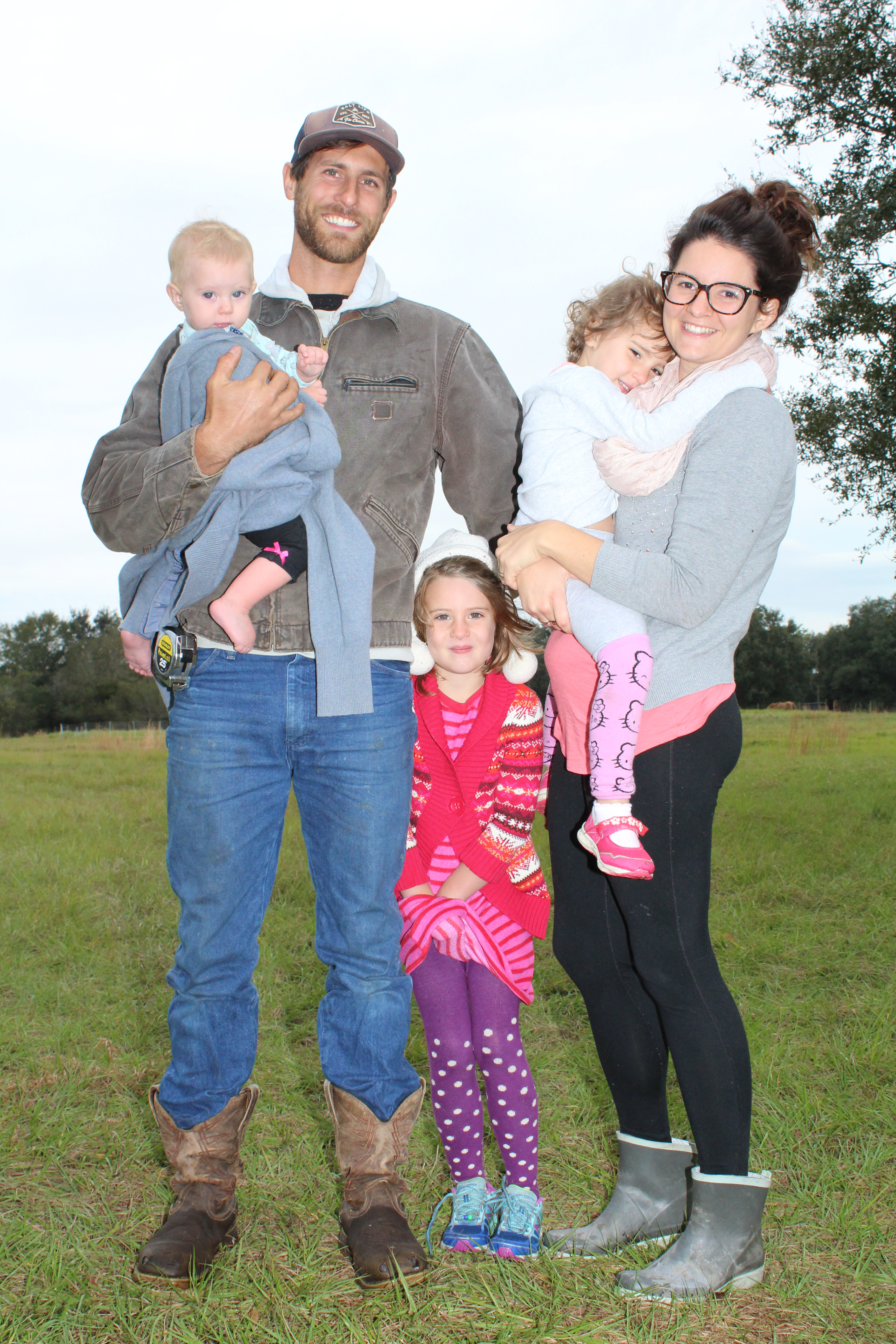Small Farm, Big Success: Winning Specialty Customers
Erin Anthony
Director, Communications

Vermont Farm Bureau hosted virtual town halls to keep members informed about prominent agricultural issues.
photo credit: AFBF Photo, Philip Gerlach
Erin Anthony
Director, Communications
By G.B. Crawford
Three years ago Tim Clarkson was caring for four egg-laying chickens on a half-acre site in Sarasota, located near Florida’s Gulf Coast. He now has 700 egg layers and produces more than 325 meat chickens every two weeks on 10 acres.
His skill and hard work have certainly spurred the operation’s phenomenal growth. But another key to Clarkson’s business fortunes is his ability to capture the loyalty of a special customer base.
These consumers place a great value upon the way he raises the animals and they are willing to pay prices that are substantially higher than those found at a typical grocery store.
Amy Rodriguez has been a customer for a year. “If you taste his products, you can tell the difference,” Rodriguez said. “You can tell that they are happy chickens because they taste so good. The taste and the texture are just better than what you can buy elsewhere.
In her opinion, “You are what you eat. For me, it comes down to health.”
Clarkson sells eggs and meat at two farmers’ markets in Sarasota, one of which is open year-round. He holds a permit from the Florida Department of Agriculture and Consumer Services to process and sell his foods. Pricing for whole chickens is graduated according to three different weight classifications. A bird weighing 4 pounds or more, for example, brings in $30.
The family business, known as Grove Ladder Farm, also supplies food for upscale restaurants in the Sarasota area. Chicken from the farm is well-received by diners at the Pomona Bistro and Wine Bar, according to Executive Chef Devin Cuff. “It has always been a high quality product,” said Cuff. “It is really fresh. It is just more flavorful than other poultry.”
Clarkson’s willingness to engage in personal marketing has helped attract customers. He welcomes visitors at the farm and guides them on tours of the operation.
“They know you and they know where their food comes from,” he explained. “For a lot of consumers, that is very important.”
Direct interaction with customers is a high priority for him, too.
I think there is a national movement to support local, smaller scale farmers in general. Everybody has their own reasons for buying locally, but for me, it is important to know my consumers and my consumers to know me and to have this community around us supporting us and us supporting them.
Tim Clarkson
Farm visits reinforce the connection with customers’ meal times at home. “They get to see the chickens, smell them and collect the eggs,” he noted. “It is more of an experience of knowing where your food comes from than anything else.
“The local food movement that’s happening right now is the perfect time for a young person like me to get into farming,” Clarkson added.
He has learned that his approach to animal care and the type of feed he uses are key advantages in capturing a market niche. He maintains open-air pens that provide ample room for free movement. Each egg layer, for example, is allotted 33 square feet of open space. The birds peck at non-GMO, soy-free feed.
A basic component of his production system involves natural resource management. The structures he uses for both the broilers and egg layers can be moved according to regular schedules throughout the acreage. For example, he changes the locations of meat chicken pens every day.
Repositioning the pens gives the birds fresh bedding and access to insects that supplement their feed. The process allows chicken manure to enrich the pasture grasses and it also eliminates the problem of litter disposal. By retaining nutrients on the farm, Clarkson helps to maintain the quality of freshwater sources around the property.
“We want to keep as much of the nutrients on site as we can,” he said. “It benefits the animals in the pasture as well as the pasture itself.”
The “eggmobiles” for the laying hens contain specially designed, galvanized nest boxes that provide them places to rest comfortably and also gently channel the eggs into separate, covered collection boxes as they are produced. This equipment greatly reduces the egg cleaning necessary before retail sale.

Clarkson and his wife, Chelsea, perform most of the work on the farm themselves while raising their three children: Celeste, age 5, Rosa Maeve, age 2, and Guinevere, a 9-month-old.
In future months the couple hopes to add ducks, lamb and pork to the commodity line. They also have plans to establish a retail store where they can sell the foods they raise and combine them with items from other local farms.
“If you had told me when I was 18 that I would be farming full-time, I probably would have laughed,” he admitted. “But here I am on our farm and living the dream.”
For more information about the family business, visit http://www.groveladderfarm.com/.
G.B. Crawford is director of public relations for the Florida Farm Bureau.
Trending Topics
VIEW ALL